A Beginner Guide to Self-Identity
A beginner guide to self-identity discovery with helpful and powerful tips on how to live the life you want
What is Lack of Self-Identity
Lack of self-identity is when you don’t know who you are or what you stand for. You may not have a strong sense of community, and you may not feel like you belong anywhere. You may also find it difficult to stick to your personal beliefs or opinions.
As an example: you feel lost without an identity. You don’t know who you are or what you stand for. This makes you feel disconnected from other people, and can’t stick to your personal beliefs.
Are you struggling to find who you are?
You’re not alone. A healthy self-identity is essential for a positive and productive life – but it can be difficult to achieve and maintain.
That’s why I’ve put together this post with helpful tips and guide on how to change your self-identity in a healthy way.
Don’t wait any longer! Start reading now a beginner guide to self-identity. You will gain insight into how to create a healthy self-identity for yourself. You’ll be glad you did.
What is the Purpose of Self-Identity
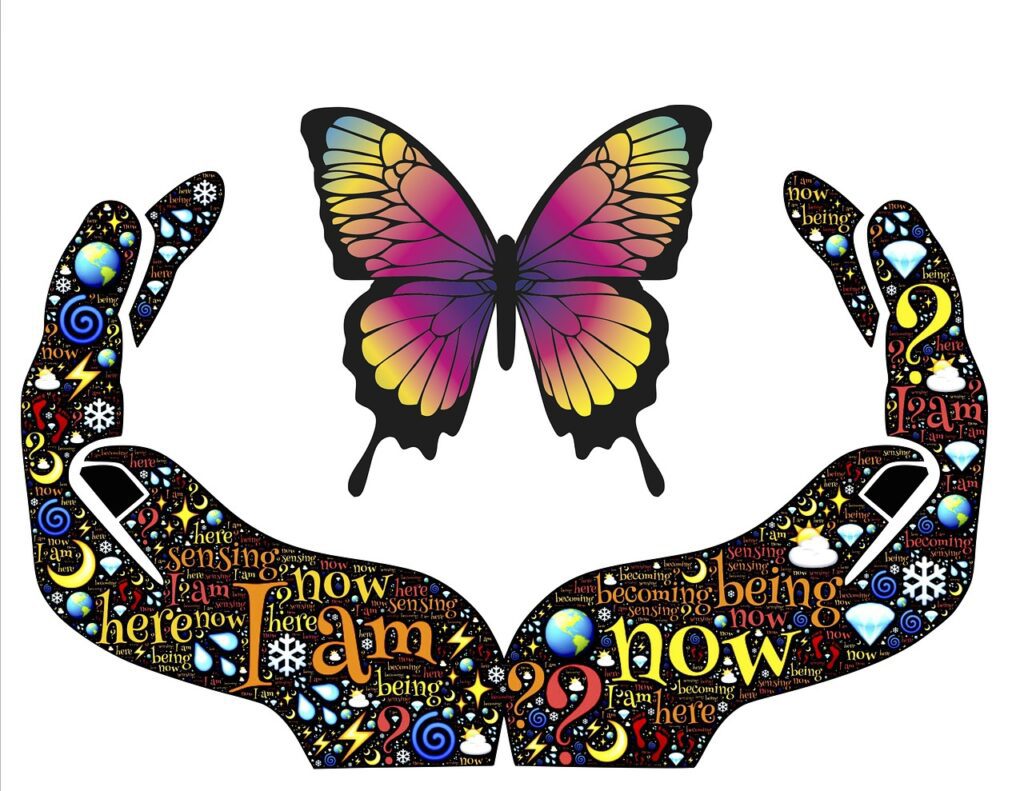
Your self-identity is the total sum of all the parts that make you who you are. It includes your name, your gender, your ethnicity, your religion, and all of your other personal characteristics. In short, your identity is everything that makes you unique.
The purpose of this beginner guide to self-identity is to help you understand who you are and to give you a sense of belonging. It provides a foundation for your self-esteem and allows you to interact with the world around you.
What are the Components of Self-Identity
In this beginner guide to self-identity, I will cover four components. There are four basic components of self-identity: personal characteristics, roles and relationships, values, and experiences.
The personal characteristics include your perception of self, name, gender, ethnicity, and religion. Also, your roles and relationships include your family members, friends, and co-workers.
Lastly, your values include your beliefs and opinions. And your experiences include everything you have ever done or seen.
For example-My name is Emilia. I am a nurturing soul, a woman and a mum. Also, a daughter, a sister, and a friend.Furthermore, I am an intuitive coach, an award-winning author; an artist at heart, a blogger and content creator, a visionary, spiritual and empathic entrepreneur. I value honesty, compassion, empathy and loyalty.
Throughout my life journey, I have experienced happiness and sadness, love, and loss; I learned a lot from how I overcame my past challenges and felt inspired to help others overcome theirs. I am grateful for all the many blessings, abundance and the opportunity of living my dreams and the life I always wanted!
What is the Unique Identity of Yourself
There is no one in the world quite like you. Your unique identity is a combination of all the different parts of your self-identity. There is no one who has the same name, the same gender , the same ethnicity, or exact the same purpose as you. You are completely unique and special.
From million count of ‘options’ you were chosen to be here, alive today and to have a purpose.
But, do you know what your purpose is?
There is no one in the world just like you. Who is exactly like you, with your thoughts, feelings, learnings, dreams and purpose. You are unique and special!
What is a Healthy Self-Identity
A healthy self-identity is one that allows you to feel comfortable and authentic in your own skin. It allows you to be yourself without feeling ashamed or embarrassed.
Also, a healthy self-identity is one that allows you to change and grow over time. You should never feel like you are stuck in a particular role or relationship, or that you have to uphold certain values. You should always be free to experiment and explore new experiences.
If you are a woman, remember you can be anything you want to be. Even so, if you have a good relationship with your family, but that doesn’t define you.
Thus, if you value honesty and compassion, like I do, that doesn’t mean you or I can’t change our mind. And like myself, perhaps you have experienced happiness and sadness, but that doesn’t mean those experiences are permanent. We can change our thinking and behaviours according to what is best for every each one of us.
Limitations do exist only in the mind and can be programmed. Hence, follow your heart!
Find out more how to overcome and reframe negative thinking and self-talk here.
Does Identity Make Us Who We Are
No, identity does not make us who we are. So, we are who we are because of our personal characteristics, roles and relationships, values, and experiences. Our identity is simply a reflection of all these things.
For example:I am a woman, but that doesn’t make me who I am. And, I have a relationship with my family, and that is part of who I am. I value honesty and compassion, and that is another part of who I am.
My experiences have also made me who I am. Identity does not make us who we are, it simply reflects who we are. Therefore, the power belongs to us. It’s up to us who we decide to be or become. Be bold and just be yourself!
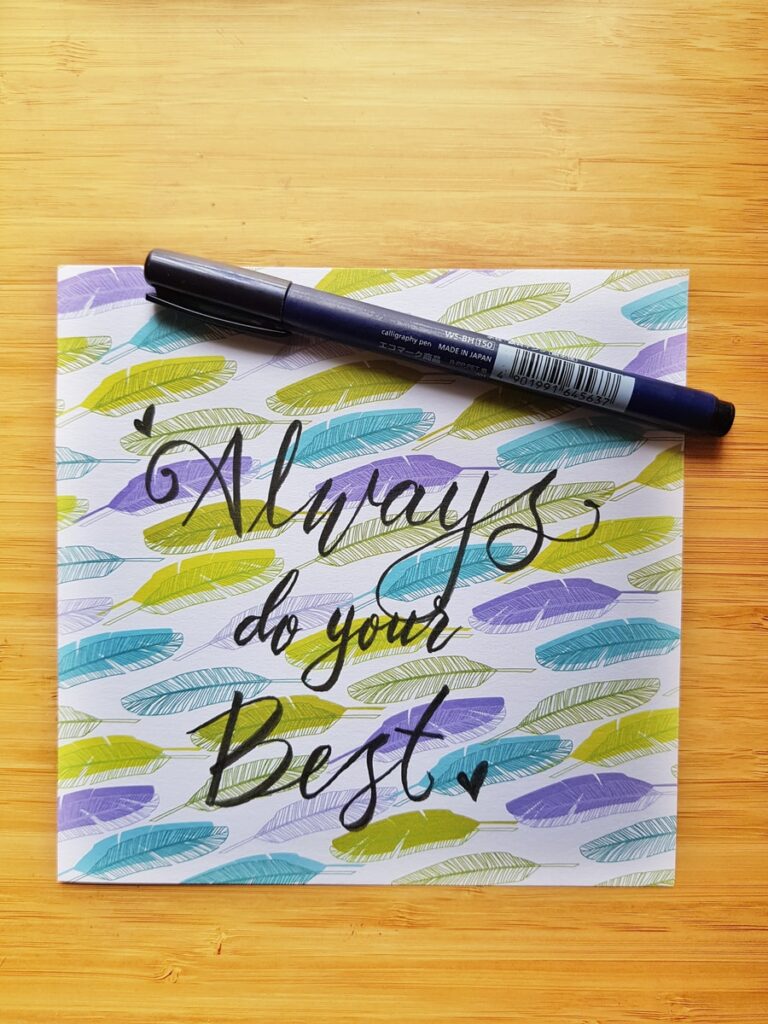
What are Three Characteristics of Establishing an Identity
There are three basic characteristics of establishing an identity: consistency, connectedness, and differentiation.
Consistency means that you stay true to yourself over time. You don’t “run away” from your personal beliefs or opinions, and you stick to the roles and relationships that are important to you.
Connectedness means that you feel connected to other people. You have a strong sense of community, and you feel like you belong somewhere.
Differentiation means that you stand out from the crowd. You don’t want to blend in with everyone else, and you embrace your unique qualities.
Regardless, you are a woman or a man, you stay true to yourself. Also, you feel connected to your family and friends, and choose to embrace your unique qualities.
The Types of Self-Identity
There are three types of identity: role identity, personal identity, and collective identity.
Role identity is the way we express ourselves in our roles and relationships. We may play different roles at different times, but we always remain ourselves.
Personal identity is the way we see ourselves as individuals. And have different personal qualities, but we always see ourselves as a unique person.
Collective identity is the way we see ourselves as part of a group. Then, we can share certain characteristics with other people in our group, but we always see ourselves as separate from everyone else.
A simple example if you are a woman: “I have a role identity as a woman. I have a personal identity as a unique individual. I have a collective identity as part of the female population.”
What is The Importance of Identity
The importance of identity lies in the way it shapes our sense of self.
Our identity provides us with a sense of who we are, and it helps us to understand our place in the world. It gives us a sense of belonging, and it allows us to connect with other people. Also, it helps us to stand out from the crowd, and to express ourselves in our own unique way.
My identity is important to me because it shapes my sense of self. It allows me to understand my place in the world, and it gives me a sense of belonging. It also helps me to connect with other people, and it allows me to express myself in my own unique way.
Is it possible to have more than one identity?
Yes, it is possible to have more than one identity. You may identify with different groups, or you may have different roles and relationships in different parts of your life.
Therefore, I am a nurturing soul and a woman, but I also identify as an artist, author, content creator, transformational coach and content creator. I have a different role identity as a woman, and I have a different role identity as an intuitive coach.
What are Top Self-Identity Issues
Some identity issues include not knowing who you are, not feeling like you belong anywhere, trying to be someone you’re not, and not being able to stick to your personal beliefs.
So, if you find yourself thinking, feeling or saying to yourself: “I don’t know who I am. I feel like I don’t belong anywhere. I’m trying to be someone I’m not. I can’t stick to my personal beliefs”; you have some self-identity issues. The great news is you can do something about them and discover your identity!
How Can I Change My Self-Identity in a Healthy Way?

There are many different ways to change your self-identity in a healthy way. You can try new experiences, explore different roles and relationships, or reconsider your values.
You can also talk to other people about who you are and how you feel. The most important thing is to be patient and take things slowly.
There are three things you can do to establish a healthy identity: find your voice, stay true to yourself, and connect with others.
You shouldn’t try to change your identity overnight because that can be stressful and overwhelming.
I am happy to guide you further on how to find your voice and use your strengths to live with purpose! Just add your name for a Free Discovery Call here!
Reflections and learnings,
A healthy identity is one that makes you feel comfortable in your own skin. It’s an identity that allows you to express yourself, but also gives the opportunity for growth and change. It can be shaped by many different things including personal characteristics, roles and relationships, values, and experiences; it doesn’t have to stay stagnant or static.
Remember, it’s okay to be yourself – you are unique and special in your own way. Thanks for reading!
Feel free to share this post with anyone that might benefit from this beginner guide to self-identity to enjoy life more.
Also, let me know in the comments your opinion and perception/experience regarding self-identity.
To find your voice, discover your values and strengths and what makes you unique, check my free worksheet on Find Your Purpose Like a Pro!
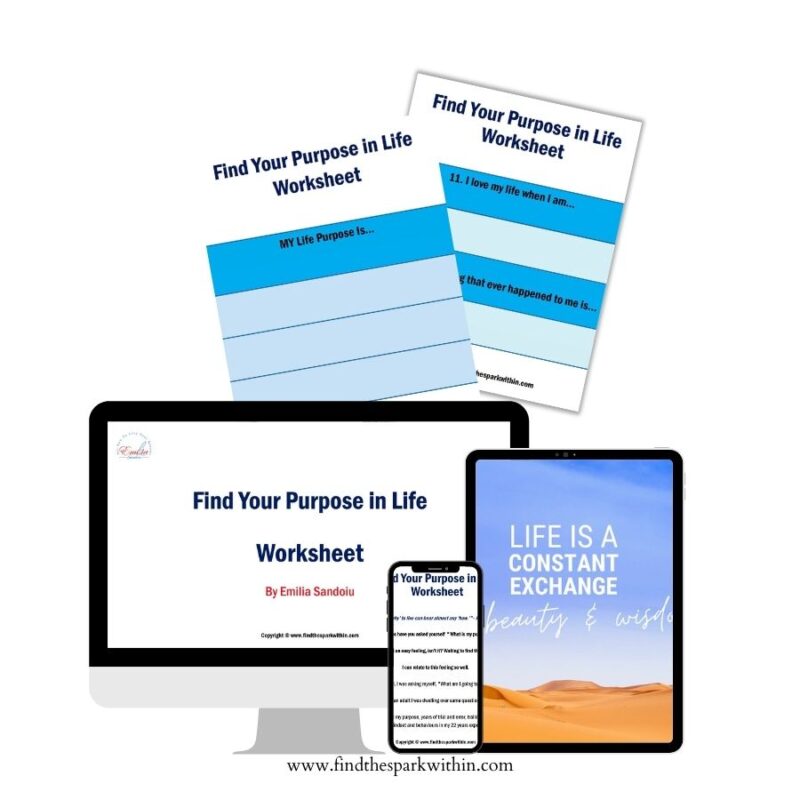
Warm regards,
Emilia x
Award-Winning Author, Intuitive Transformational Coach and Creator of Take Action Now Program


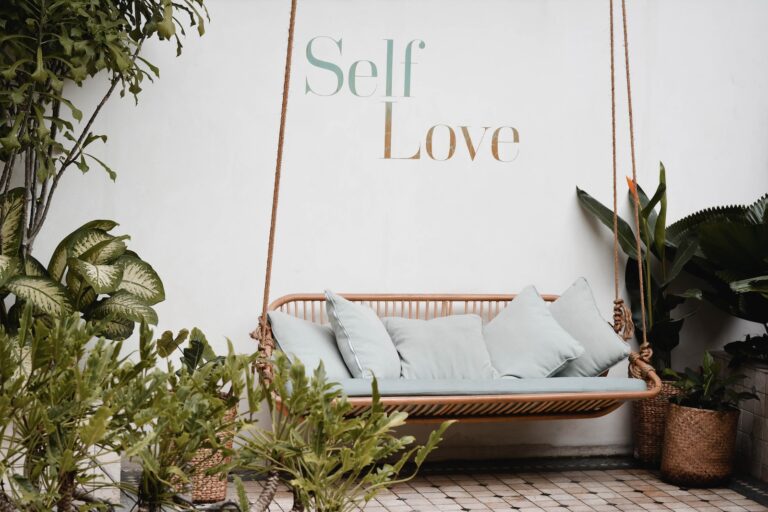
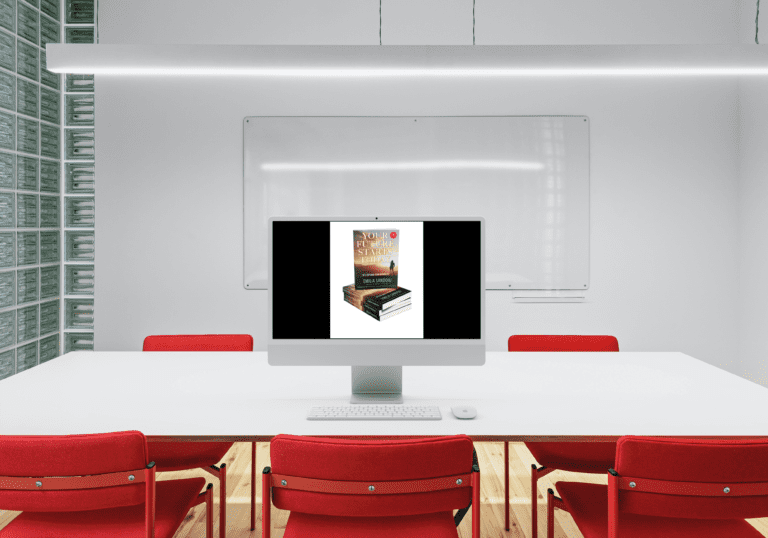
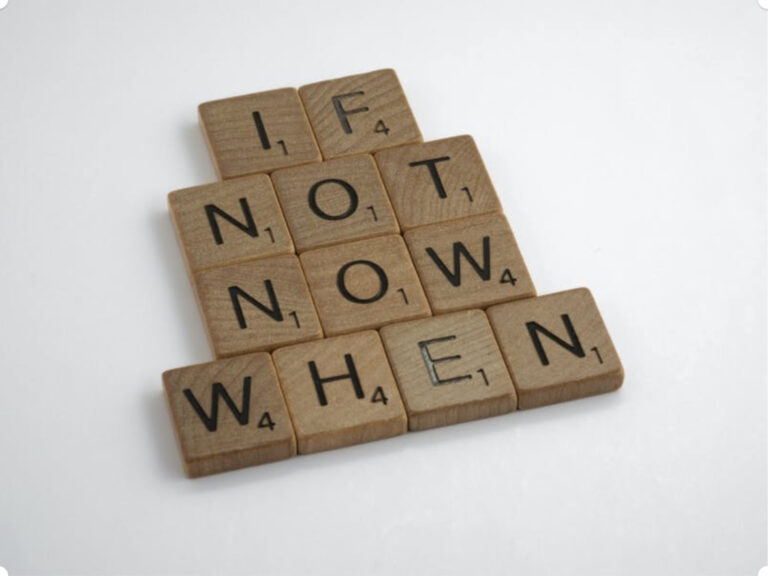
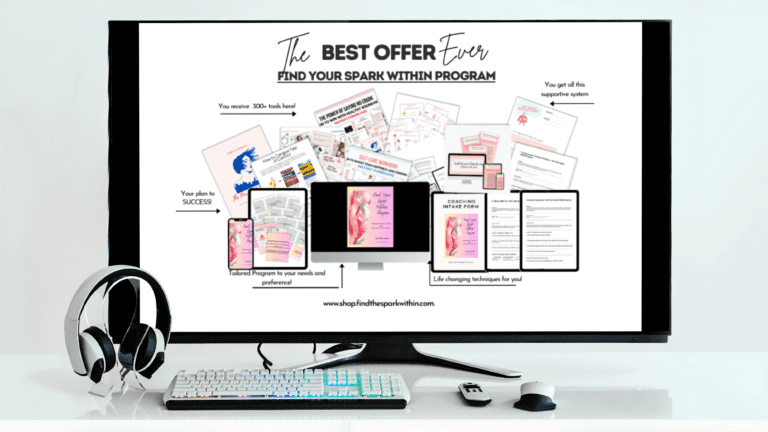
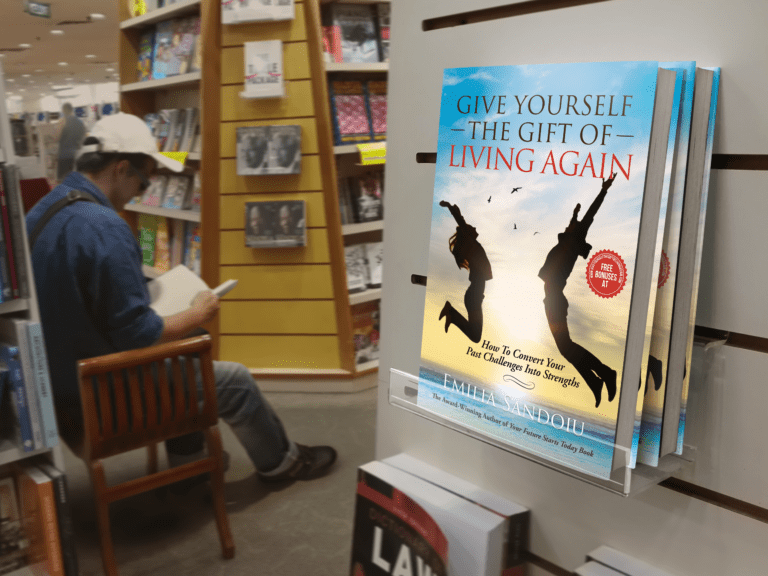
This is an interesting read about identity and how you perceive yourself.
I guess, we have a different perception than the world has on us?
I see myself as a girl, daughter, student and researcher. It seems my identity is related to my roles in society but we all do that, right?
Now you make me curious, how can one find their purpose in life?
thank you
Marie
Thanks Marie for your kind comments!
I am happy to be of service and inspire you in your self-discovery journey.
You perceive yourself according to the roles you have in today’s society, however, the “big’ question is “who are you behind closed doors” when no one is there? I can guide you further on finding your purpose, feel free to book your free discovering call at:https://sunny-mover-6309.ck.page/8398aa7cab
Looking forward to be part of your amazing self-discovery journey!
Until then, stay blessed,
Emilia
Good tips. I like how you explain in detail your valuable tips Emilia. You are an inspiring soul for sure! xx
That is great to learn you find my posts and tips inspiring and valuable! Thanks Anna.